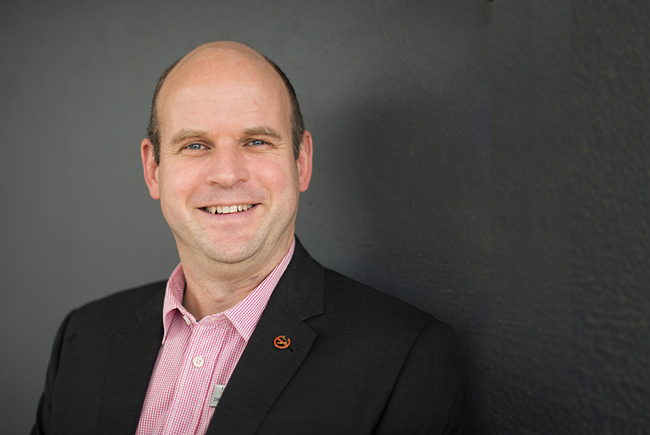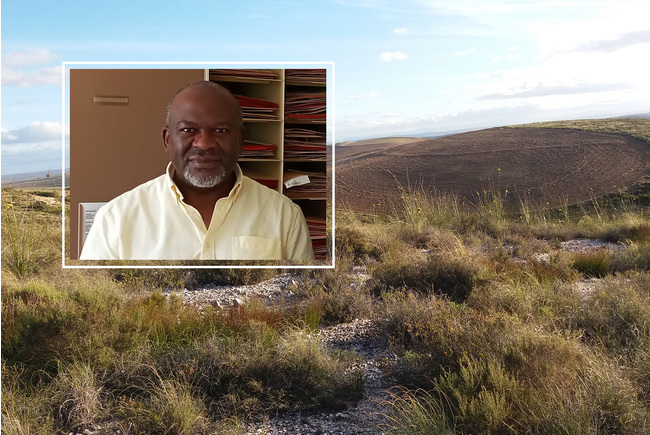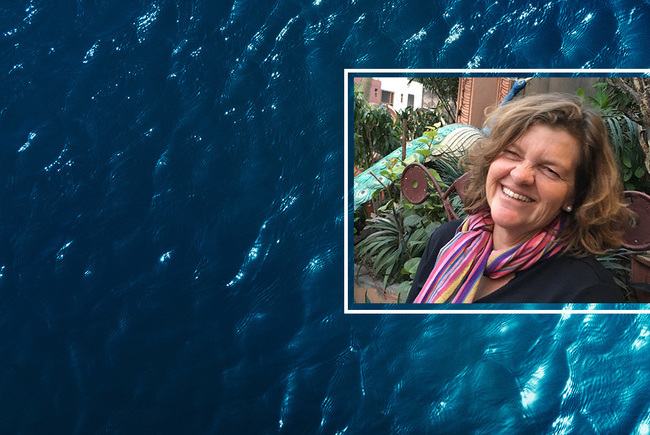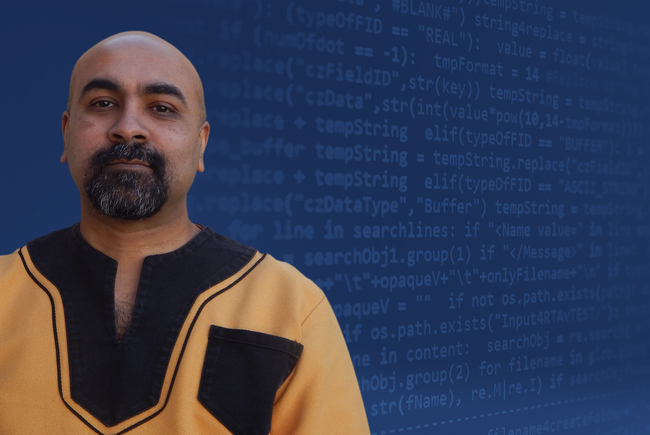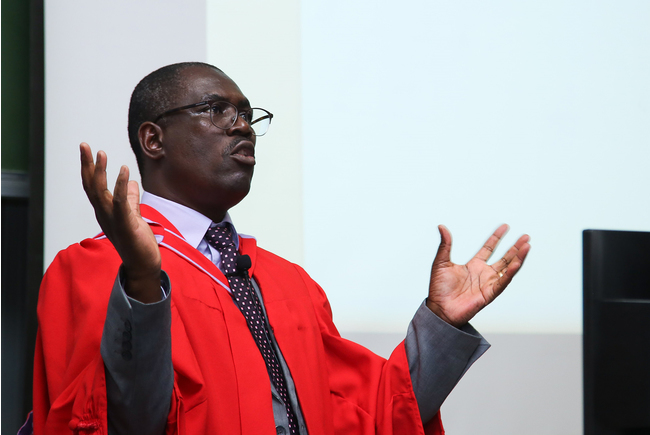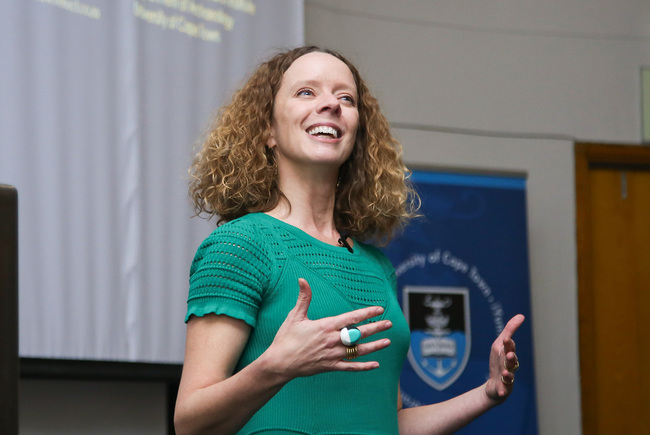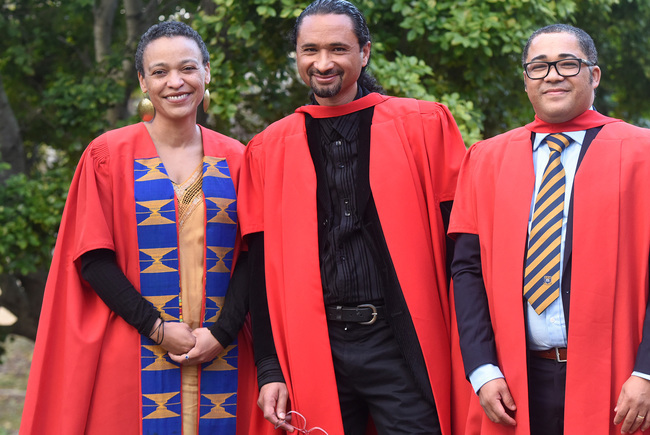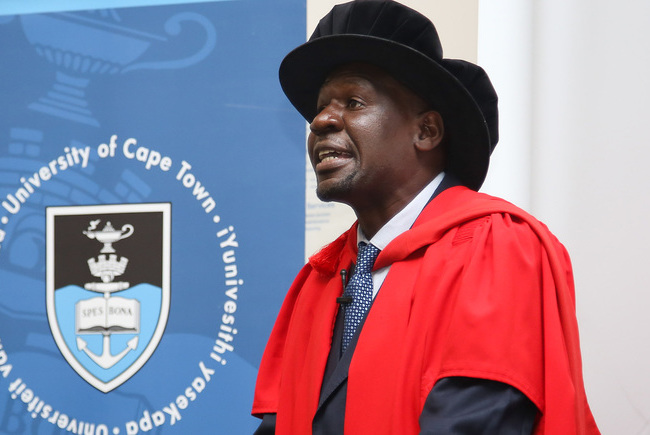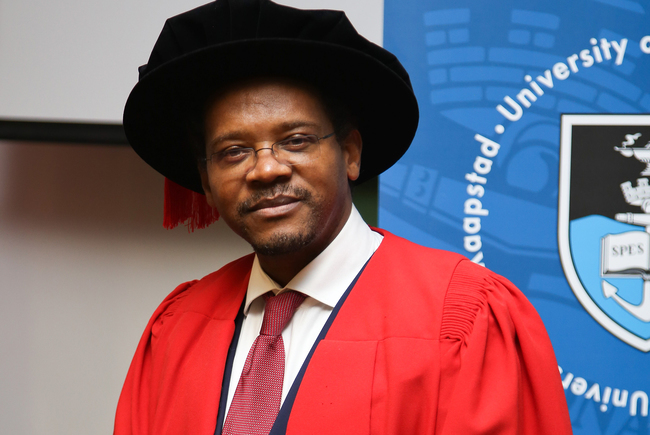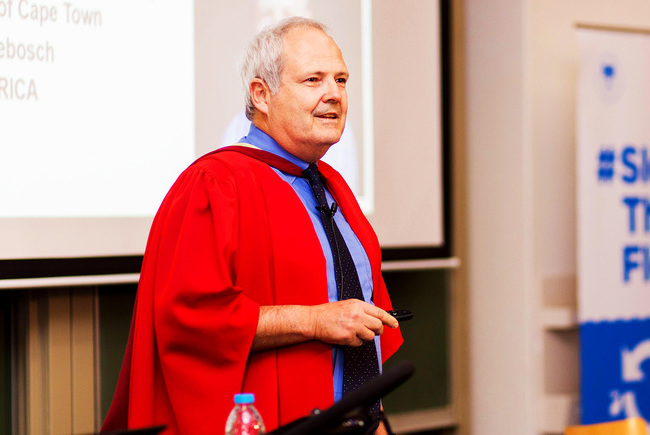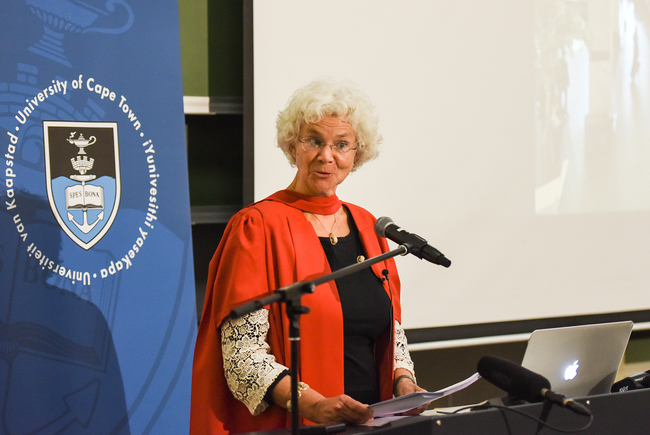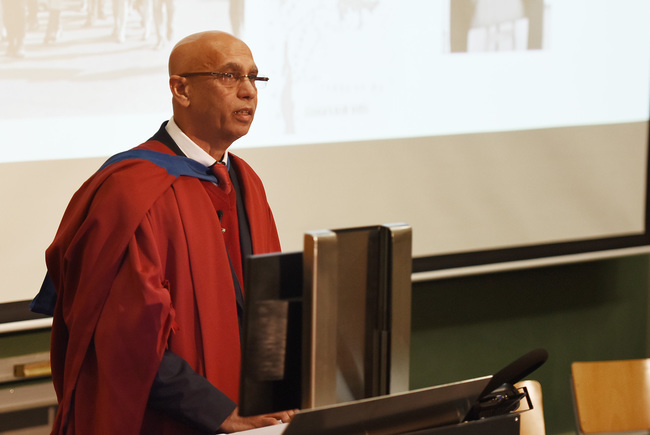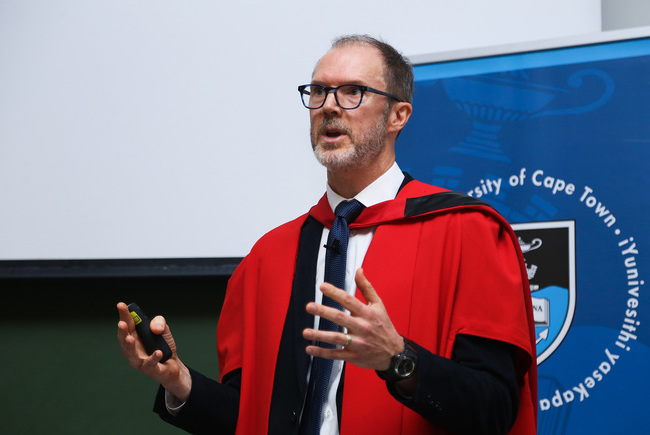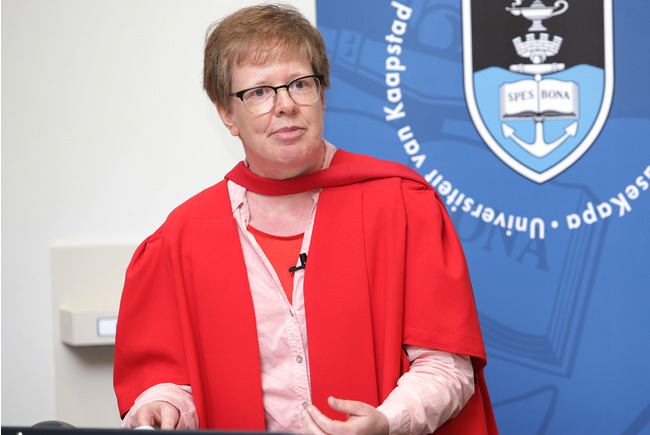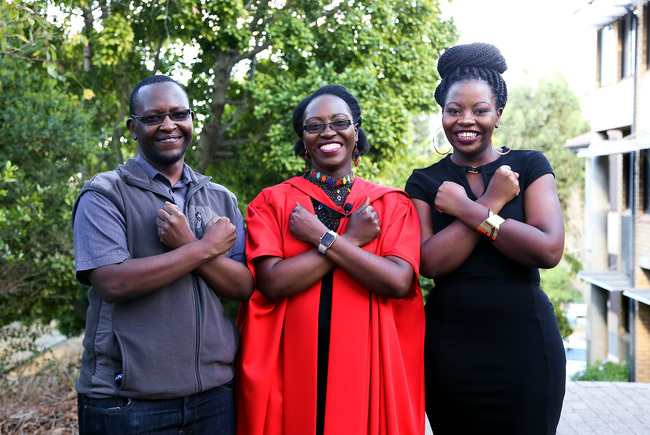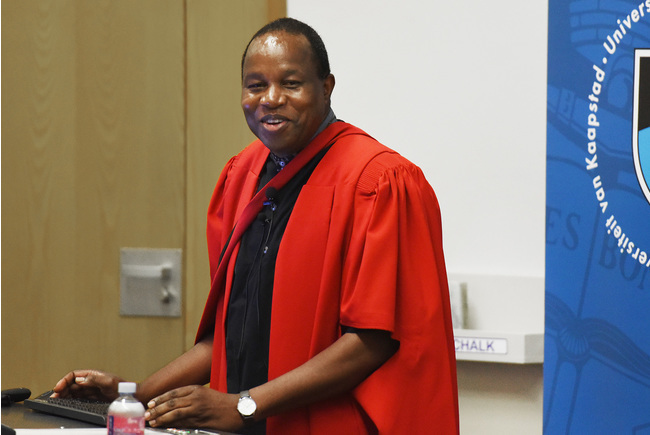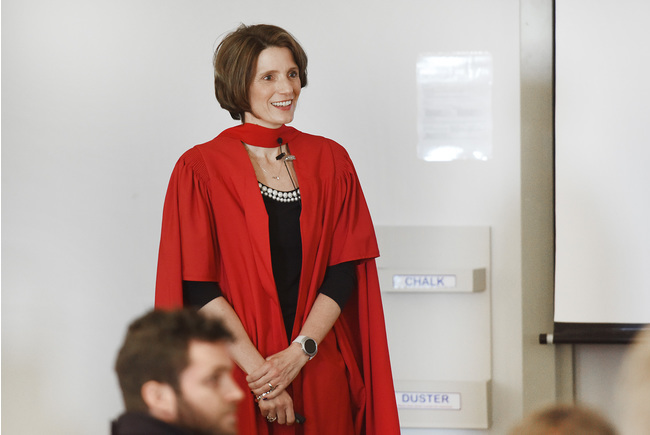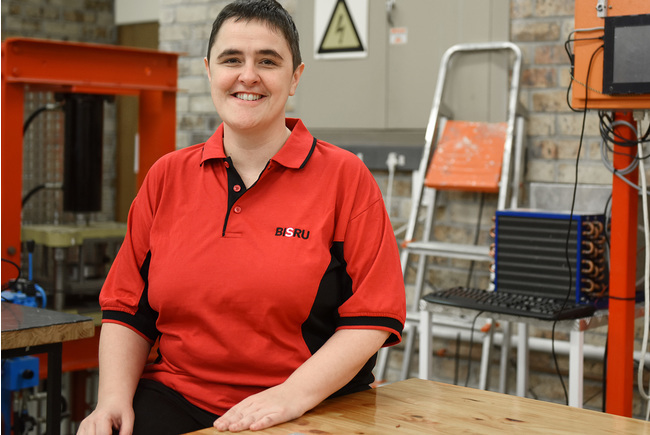Unpacking the ‘ouch’
13 June 2023 | Story Niémah Davids. Photos Robyn Walker. Read time 9 min.“Ouch!” A common phrase everyone uses at some point to express pain. Whether you’ve just stubbed your toe, struggling to overcome a nasty migraine, or burned your finger as you removed your favourite dish from the oven – it’s always, “ouch!” But what is pain?
The fascinating concept that everyone can relate to was the topic of discussion during the latest instalment of the University of Cape Town’s (UCT) inaugural lecture series, held on Thursday, 8 June. It was Professor Romy Parker’s turn to take to the podium and condense years of research into an hour-long presentation. Her lecture was titled “Pain management to reduce suffering in South Africa – integrating interdisciplinary research into the healthcare professions”; it had the in-person and virtual audience on the edge of their seats.
Professor Parker, whose career started in sports physiotherapy, is now the director of the Pain Team in UCT’s Department of Anaesthesia and Perioperative Medicine. She’s a researcher, clinician and teacher, and in 2019 she received UCT’s Distinguished Teacher Award – the university’s highest teaching accolade. She’s also part of the interdisciplinary team at Groote Schuur Hospital’s Chronic Pain Management Clinic.
“Pain is not about tissue damage; pain is about so much more.”
“Pain is not about tissue damage; pain is about so much more. Pain is really about human beings,” she said. “Too often we decide on treatment for people based on imaging or on tissue issues only. That’s one dimensional and pain is multidimensional. It’s not purely about tissue issues. It’s about people.”
What is pain?
Parker divided the concept of pain into four categories:
- a conscious construct of the brain
- a sensory emotion
- something individuals experience when they feel threatened
- a process in which the brain continuously samples internal and external environments at a subconscious level.
“How many of you cut yourselves and don’t notice it? And when someone walks over and says: ‘You’re bleeding’, you look down, see the blood and suddenly it starts to sting. But it wasn’t sore a second ago. Because your brain starts to process more information once you’ve noticed the blood, [and] it automatically starts to generate the pain,” she said.
Did you know?
It’s also “absolutely possible” to feel pain in the absence of nociception. Nociception, Parker explained, deals with a series of events and processes an organism requires in order to receive a painful stimulus, convert it to a molecular signal and recognise and characterise the signal to trigger an appropriate defensive response. Therefore, when clinicians examine patients in pain, order various blood tests and imaging to locate the source of the pain, and fail to find the root of the problem, it’s invalid to conclude that the patient is not really in pain.
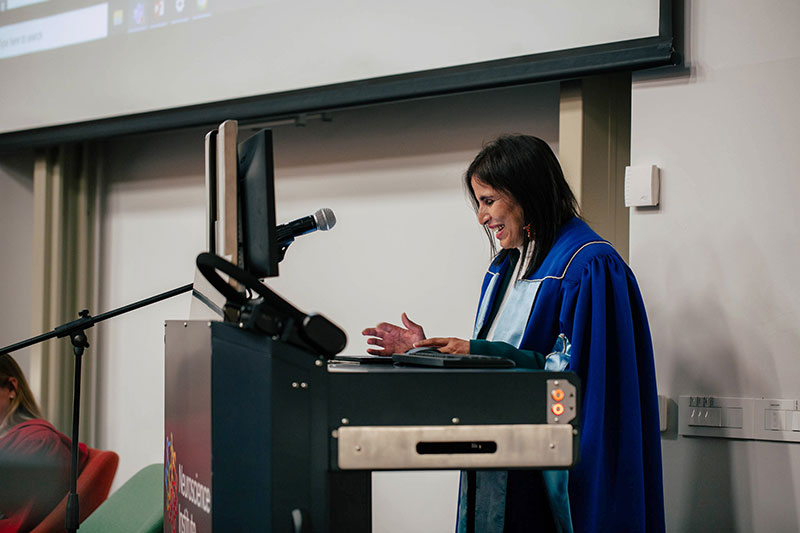
By way of an example, she said, the pain of heartbreak and loss is real and is felt deeply by a loved one. Yet, that pain won’t emerge as a red flag in blood tests or on a patient’s x-ray results. However, Parker added, functional MRI scans conducted on people suffering from pain after the loss of a loved one revealed the same kind of brain activity typically experienced after someone fractures a bone or experiences other forms of physical trauma, indicating that they are in pain.
“Pain is such a complicated thing. We need ways of making sense of it and getting a handle on it in one way or another. So, a couple of things we do [as pain clinicians and researchers] is we classify pain,” she said.
Types of pain
Individuals experience two different types of pain: acute pain, which is perfectly normal and occurs within the first two to six weeks of an injury; and chronic pain, which refers to pain that has been present for more than three months. She said acute pain occurs soon after an injury during what’s referred to as the first inflammatory phase of healing (lasts seven to 10 days) and the pain gets worse before it gets better. During the second tissue regeneration phase (up to six weeks after an injury) the tissue begins to regenerate and heal.
“There’s still a bit of pain and remodeling that goes on after the regeneration phase [before] the third remodeling phase of healing, which lasts three months. But after three months most tissue healing processes are done. That’s why we refer to most chronic pain as pain that’s been present for more than three months. It’s no longer about the tissue; it’s about something else,” Parker said.
“Mechanism-based classification of pain prompt us to think about the underlying psycho-neuro immune physiology contributing to pain.”
But clinicians and researchers have now moved beyond time-based classifications of pain and instead focus on the three mechanisms of pain: nociceptive pain – pain that stems from actual or threatened damage to non-neutral tissue and activates nociceptors; neuropathic pain – pain that stems from a lesion or disease of the somatosensory nervous system; and nociplastic pain – pain that stems from altered nociception despite no clear evidence of actual tissue damage.
“Mechanism-based classification of pain prompt us to think about the underlying psycho-neuro-immune physiology contributing to pain,” she said.
‘Pain interrupts our meaningful life roles’
Parker said pain is crucial because it affects an individual’s quality of life. More than that, she added, it interrupts, interferes and disrupts the patient’s identity.
Pain affects thousands of South Africans. In a cross-sectional research study conducted in 2010, 36% of participants who visited community healthcare centres in Cape Town reported chronic musculoskeletal pain that was not related to an injury. In a separate study eight years later, in 2018, 62% and 45% of women in community healthcare centres in the Free State and the Western Cape respectively reported chronic joint pain.
“Pain stops your thinking, it stops you from doing, and stops you from engaging. But it doesn’t just interrupt you in that way, it interrupts your physiology in multiple ways. People with severe post-operative pain are more likely to suffer from a whole range of complications post-procedure, [like] infections, delay in wound healing and depression,” she said. “Pain interrupts us as human beings. It interrupts our relationships; it interrupts our meaningful life roles; it interrupts our joy.”
How pain affects South Africans
Sadly, one in every five South Africans are living with pain and patients commonly seek assistance at primary healthcare level because of it. But what can be done to support patients with pain? Parker said healthcare workers can make the difference they need. Engaging with patients on an emotional, psychological, cultural and religious level is step one. And rather than using the biopsychosocial model in their work, she suggested healthcare workers adopt the sociopsycho-biological model and think about people and contexts first.
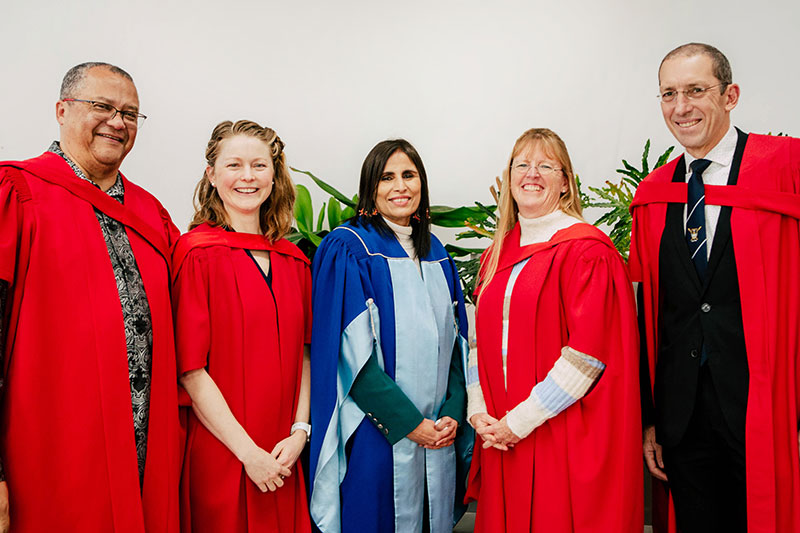
She said there’s a lot that can be done to combat pain and teaching and training healthcare professionals is an important piece of the puzzle. But healthcare professionals globally receive very little training on how to manage patients’ pain, and as a result, graduates lack the skills, knowledge and aptitudes they need once they leave the lecture hall – and that needs to change.
“If pain is about threat, then treatment is in everyone’s scope of practice,” Parker said.
Making a difference
UCT’s Chronic Pain Management Clinic runs a series of programmes that aim to educate patients on pain. Parker said it discourages bombarding them with unnecessary information and encourages personal conversations to understand why people are in pain. The programmes also include exercise to get the body moving and to restore confidence in its abilities; mindfulness exercises to aid with rewiring the nervous system; and conversations on the importance of sleep and sleep hygiene.
“We conducted studies on patients with hip and knee osteoarthritis waiting for joint replacements. While they waited [for their surgery], they joined us on the programme and [after its conclusion] reported a significant reduction in pain; a reduction which was still present six months and one year after the programme,” she said.
“Every South African with pain should be able to access a healthcare professional who gets it.”
Having witnessed the programme’s success, Parker said it’s important to extend its reach to ensure that more patients with chronic pain will benefit from it. And one way of doing that is by creating virtual chronic pain management groups similar to those developed during the COVID-19 pandemic, to support patients in remote areas in the Western Cape and further afield who are unable to physically access the clinic.
“Every South African with pain should be able to access a healthcare professional who gets it. If pain is about threat, what can you do to make the world a safer place for the person in front of you?” she asked.
 This work is licensed under a Creative Commons Attribution-NoDerivatives 4.0 International License.
This work is licensed under a Creative Commons Attribution-NoDerivatives 4.0 International License.
Please view the republishing articles page for more information.
The UCT Inaugural Lecture Series
Inaugural lectures are a central part of university academic life. These events are held to commemorate the inaugural lecturer’s appointment to full professorship. They provide a platform for the academic to present the body of research that they have been focusing on during their career, while also giving UCT the opportunity to showcase its academics and share its research with members of the wider university community and the general public in an accessible way.
In April 2023, Interim Vice-Chancellor Emeritus Professor Daya Reddy announced that the Vice-Chancellor’s Inaugural Lecture Series would be held in abeyance in the coming months, to accommodate a resumption of inaugural lectures under a reconfigured UCT Inaugural Lecture Series – where the UCT extended executive has resolved that for the foreseeable future, all inaugural lectures will be resumed at faculty level.
Recent executive communications
2025
2024
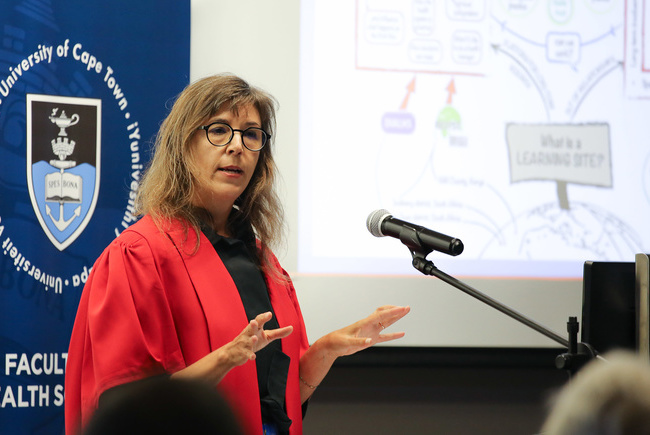
Professor Susan Cleary delivered her inaugural lecture on 14 March.
14 Mar 2024 - 5 min read2023
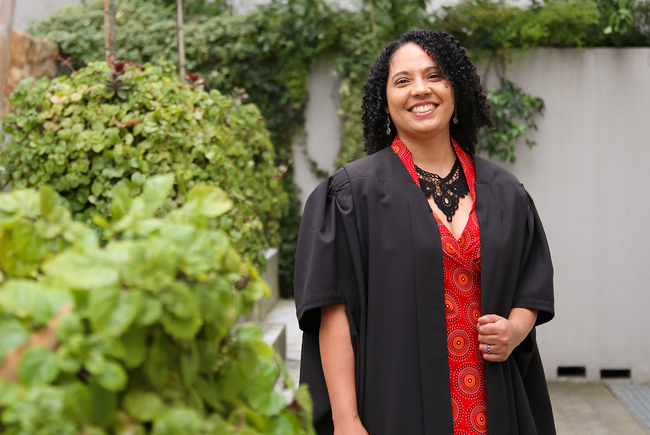
Prof Lydia Cairncross’s inaugural lecture provided a snapshot of the career path of a surgeon and community activist whose commitment to social justice means her work doesn’t end in the operating theatre.
02 Nov 2023 - 8 min read2022
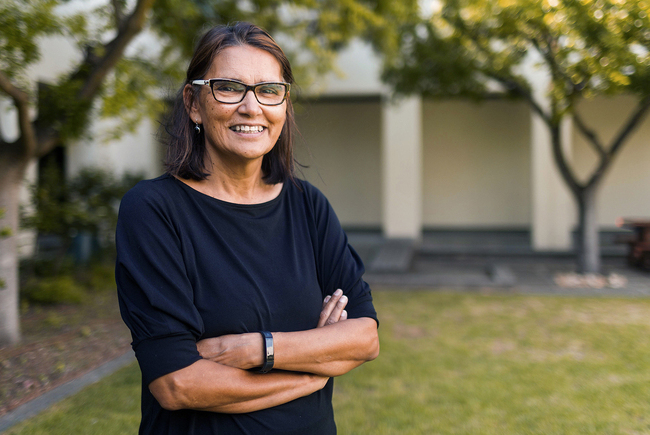
Professor Linda Ronnie is in UCT’s Faculty of Commerce.
28 Sep 2022 - 6 min read2021
2020
2019
2018
2017
2016 and 2015
No inaugural lectures took place during 2015 and 2016.


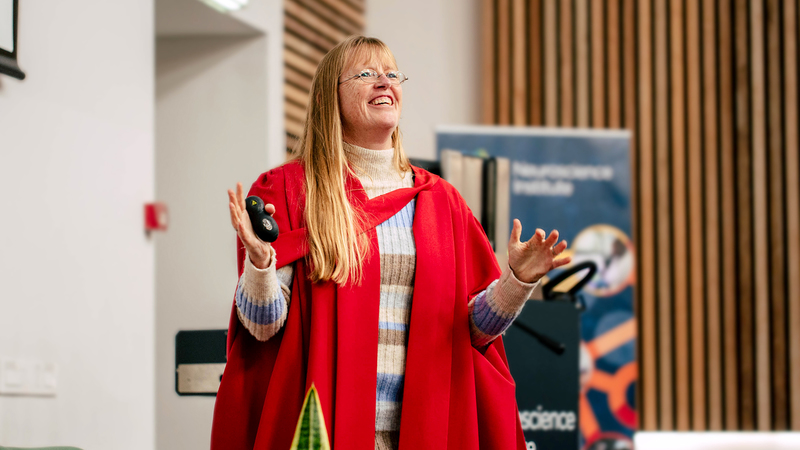





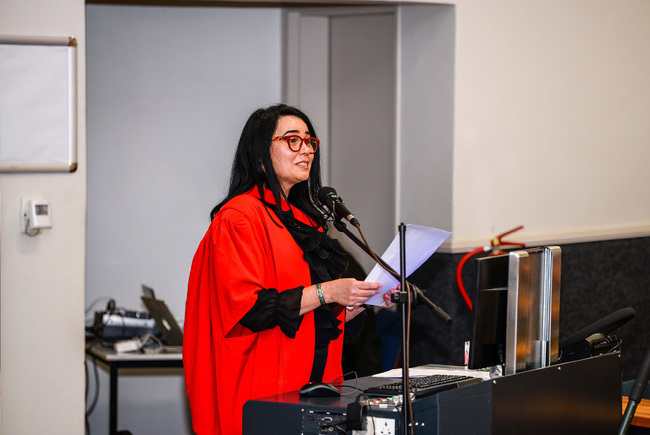


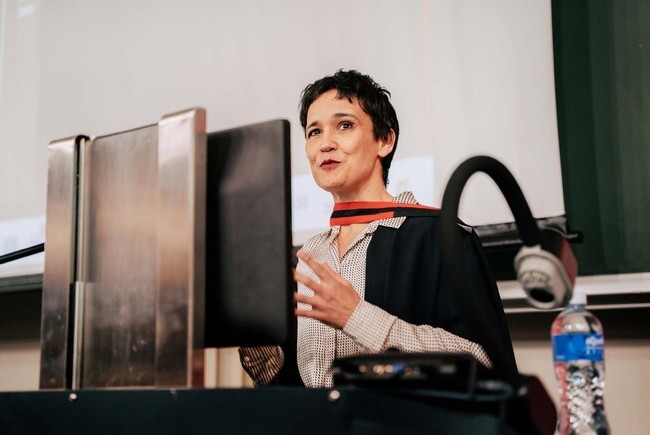
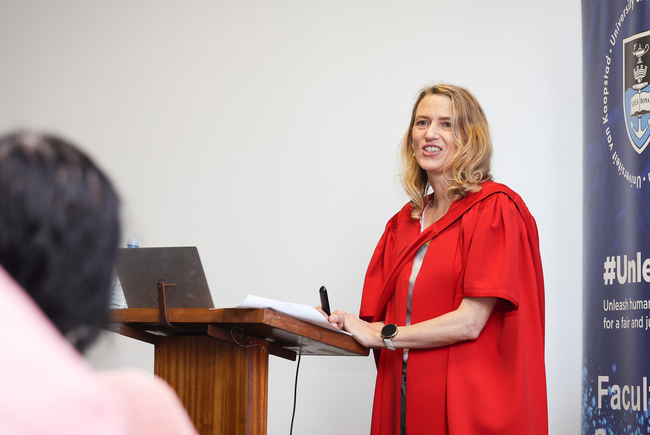
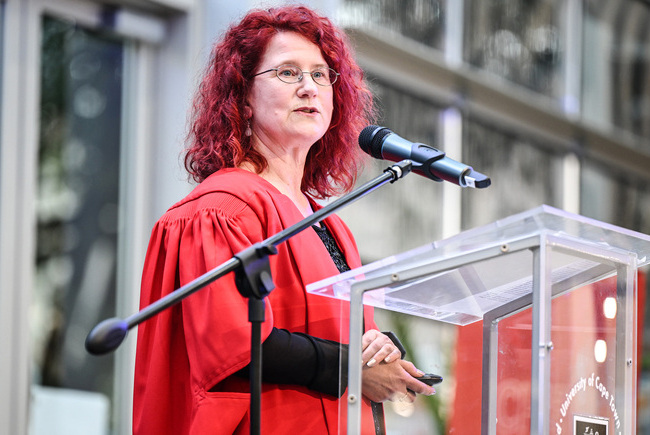

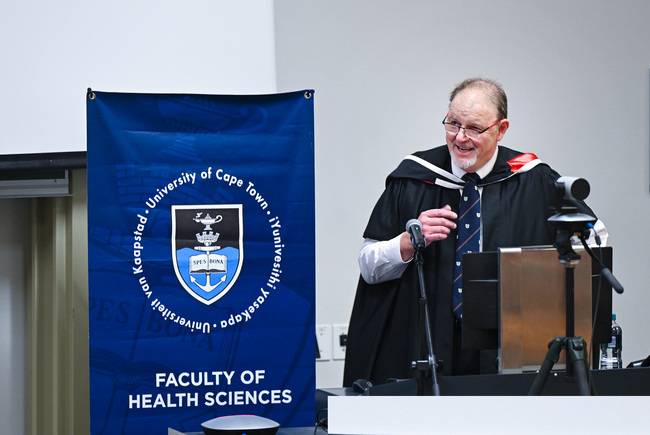
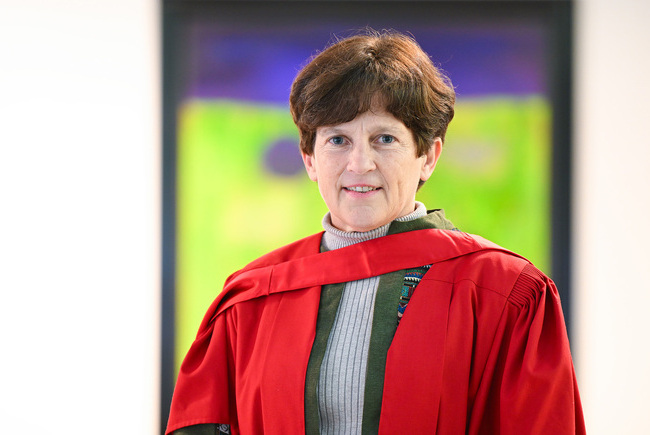
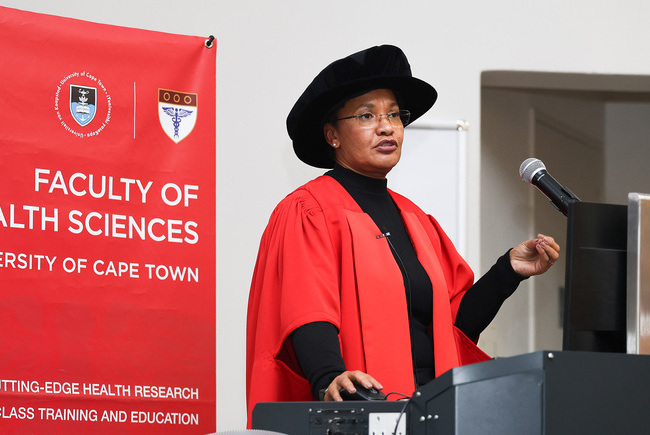
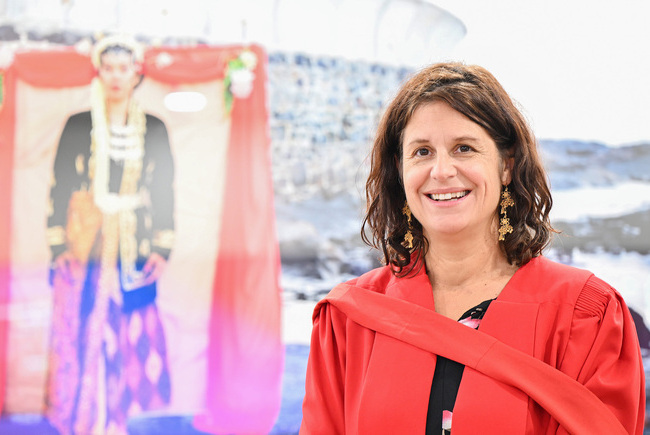
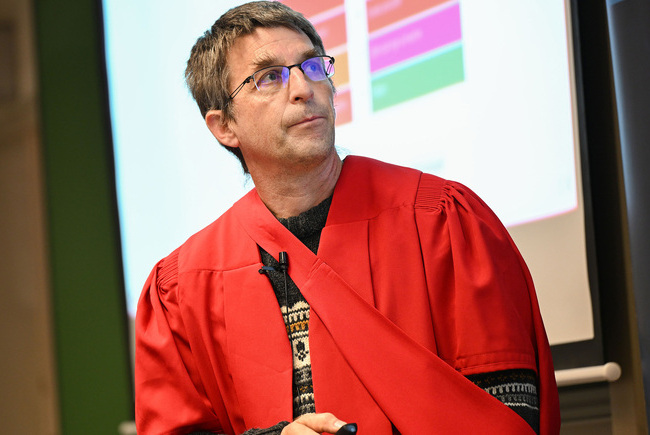
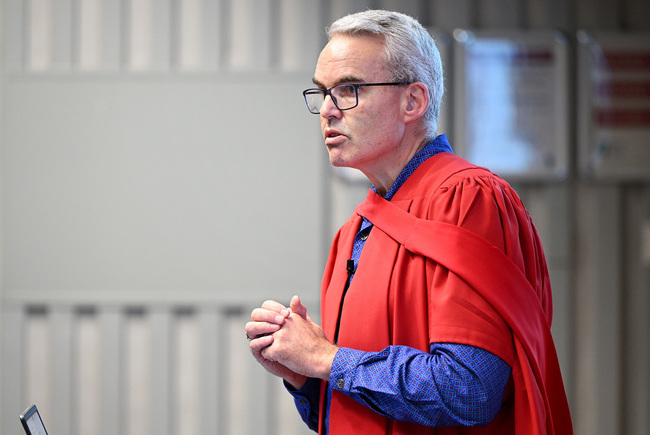

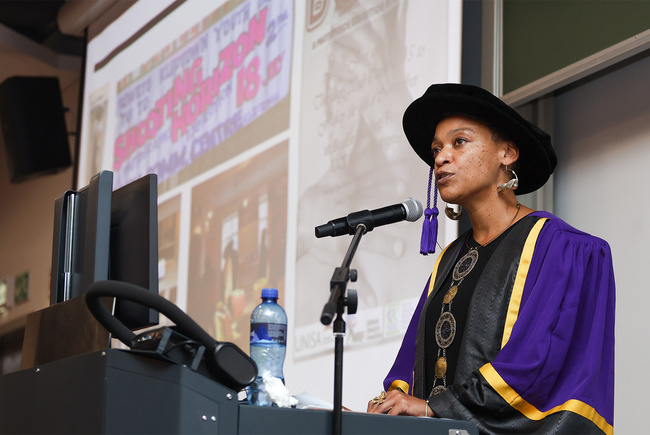
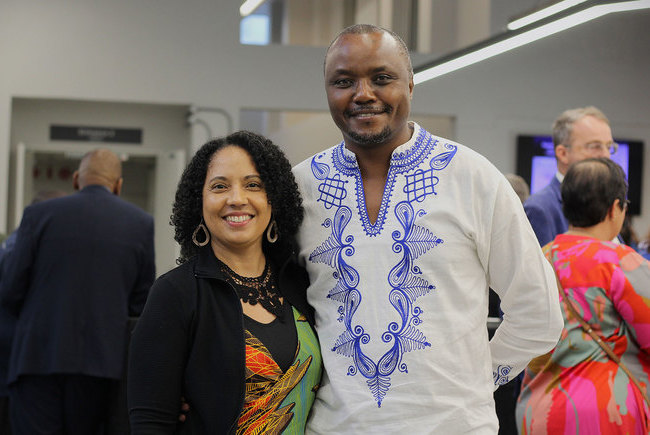
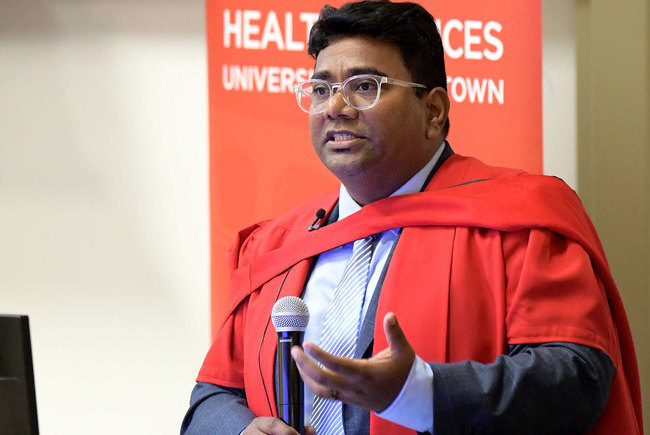
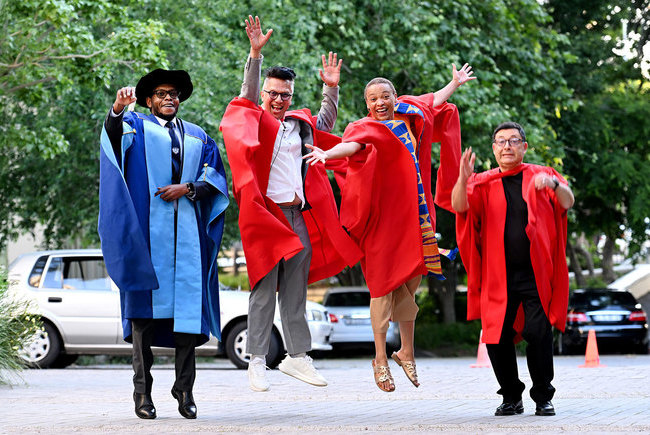
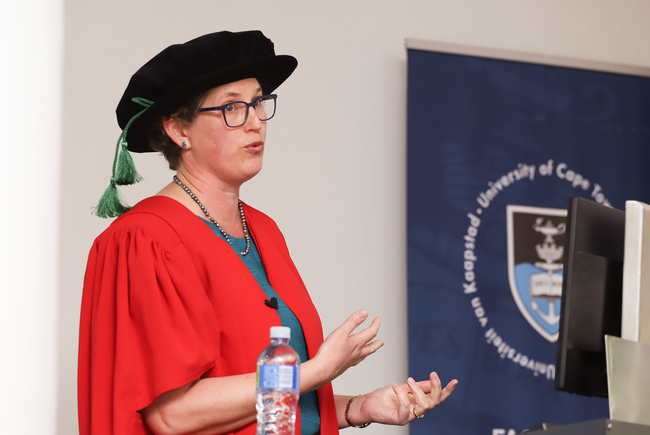
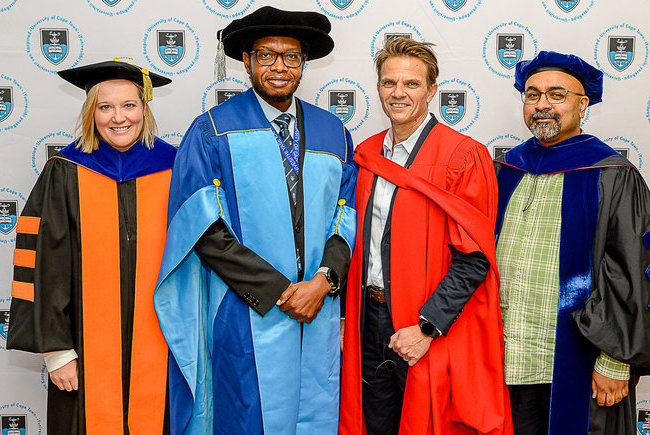
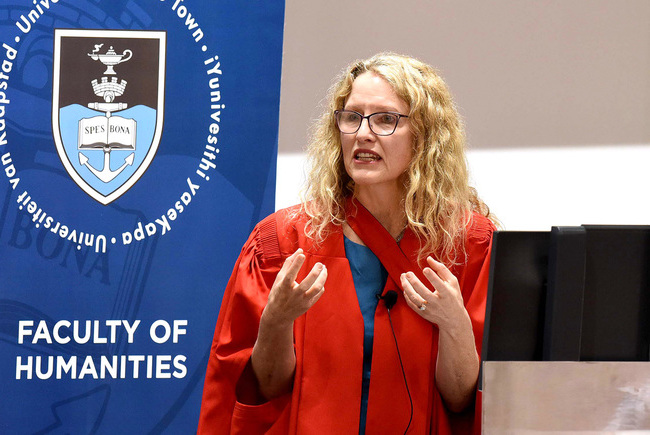
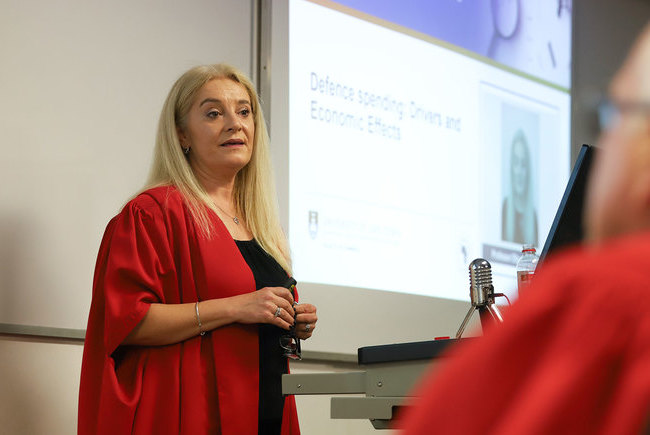
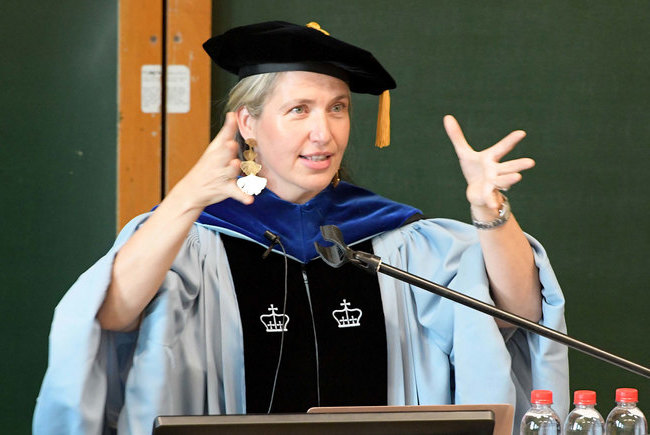
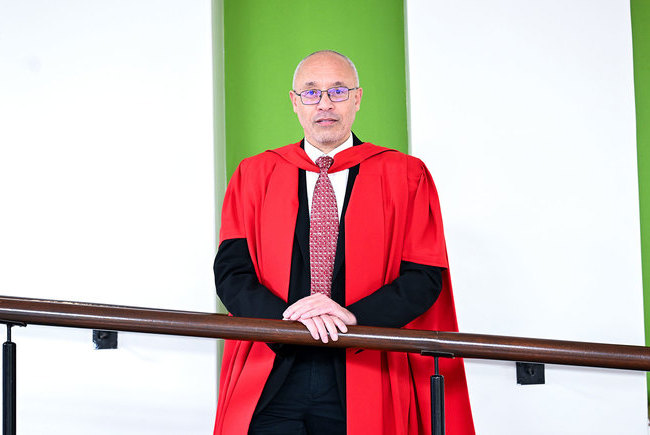
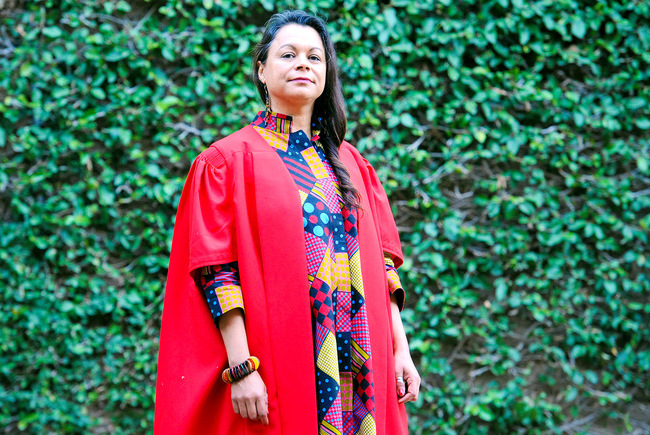
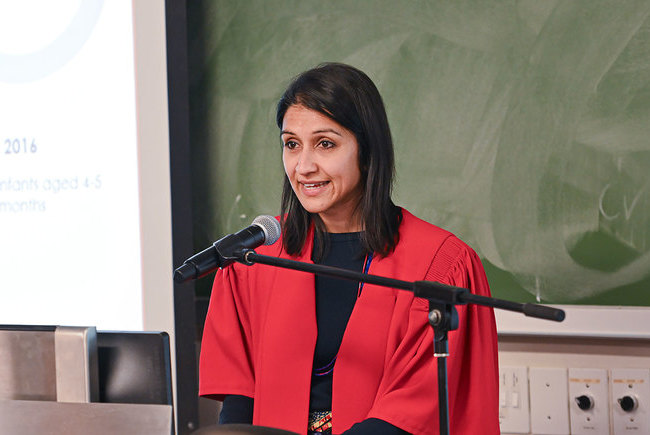
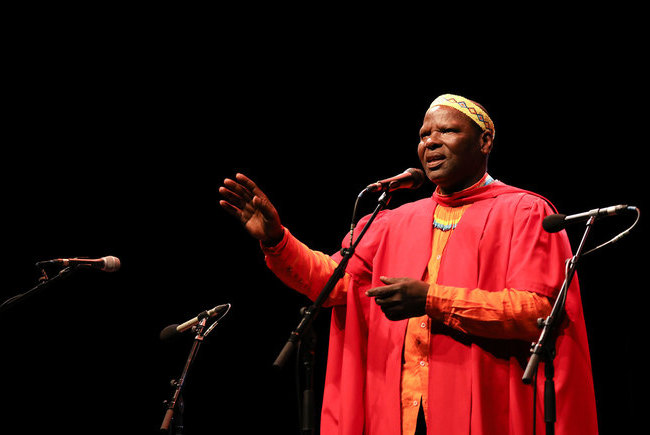
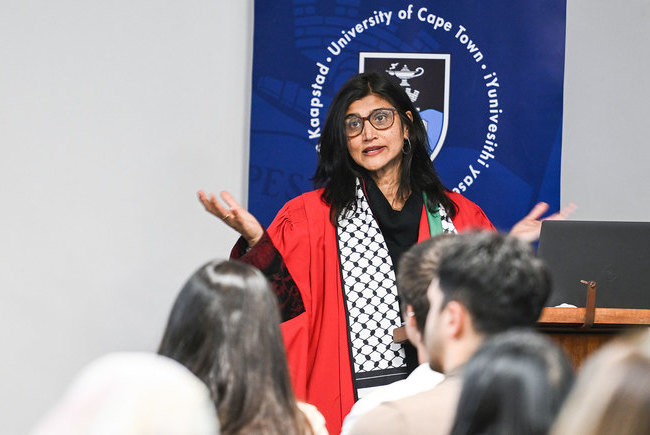
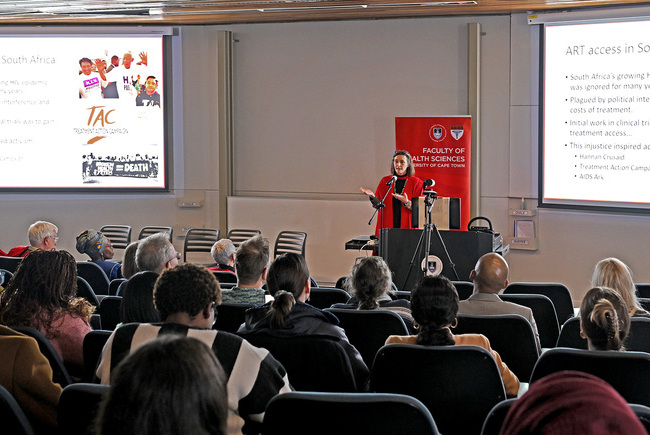
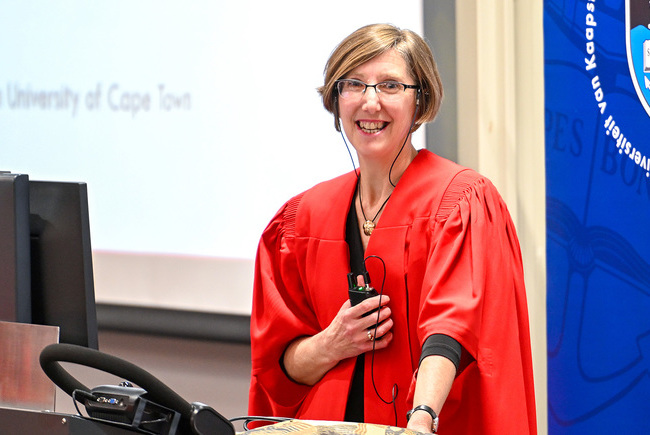
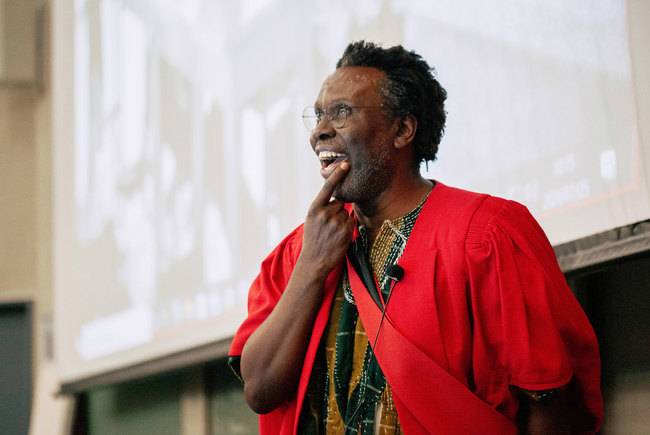
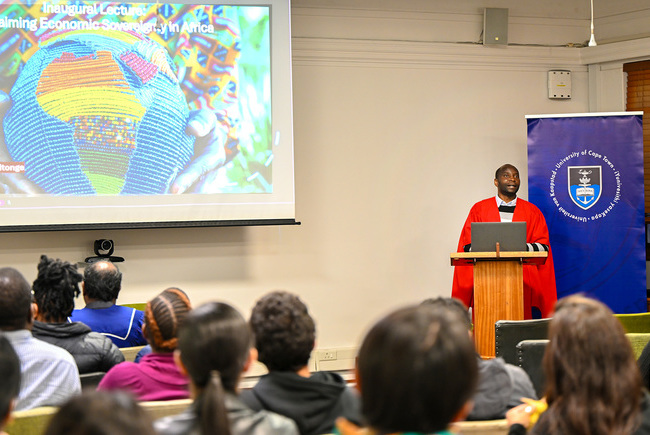
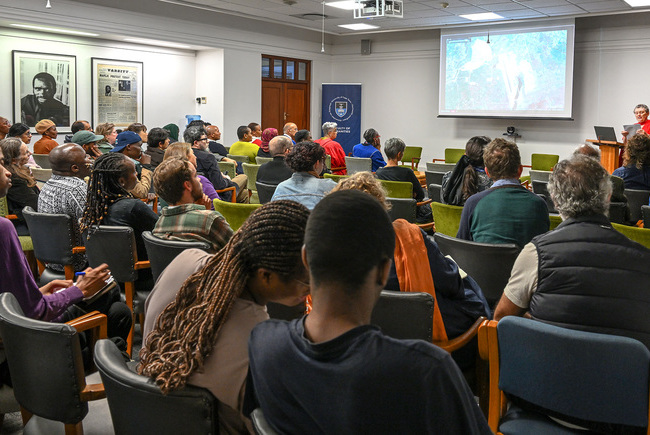
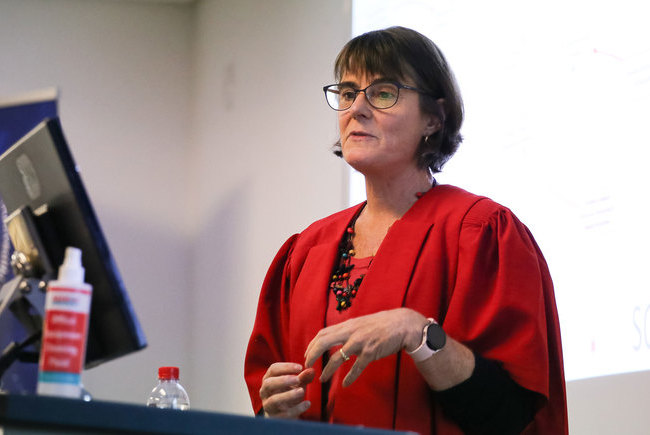
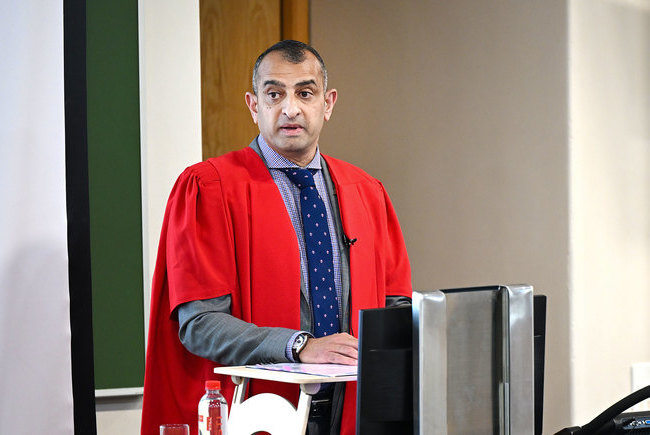
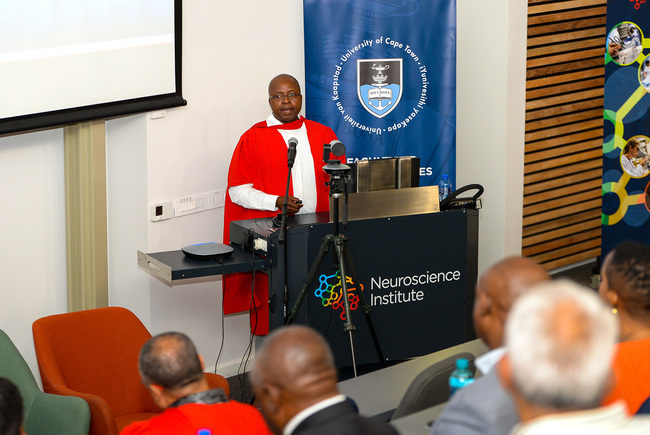

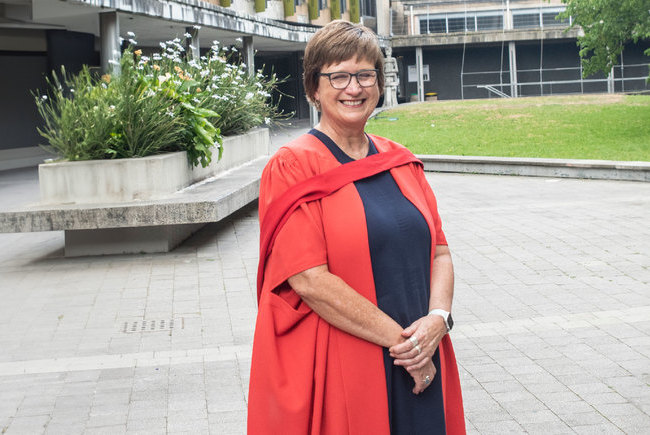
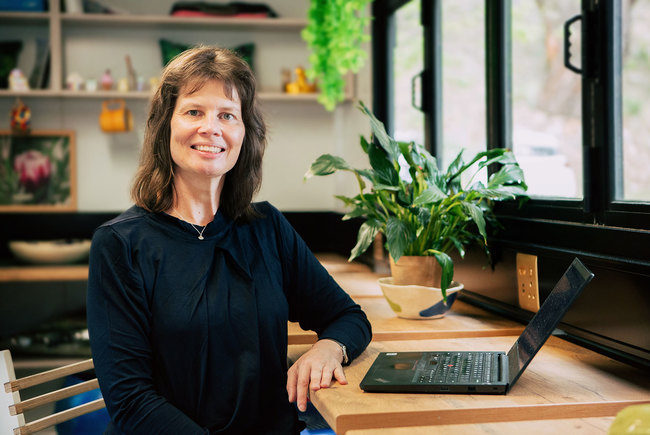
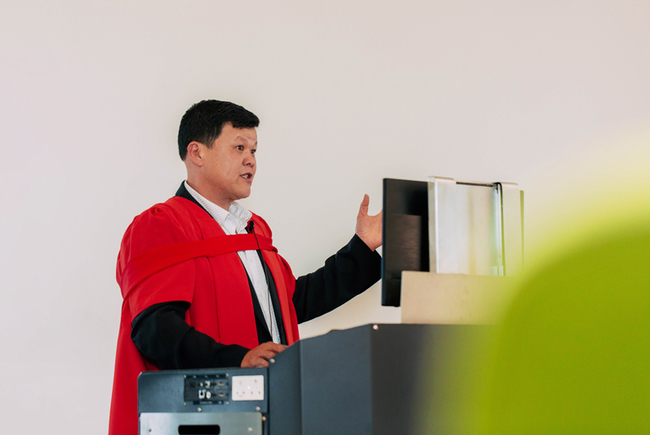
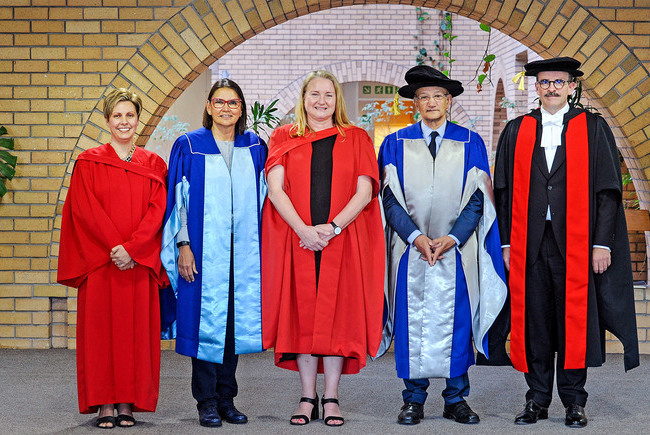

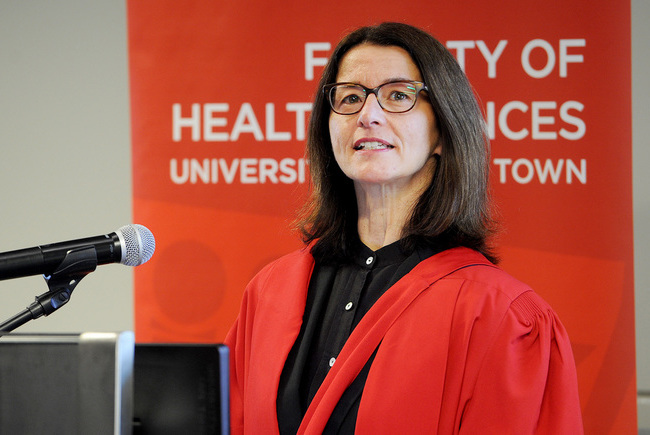
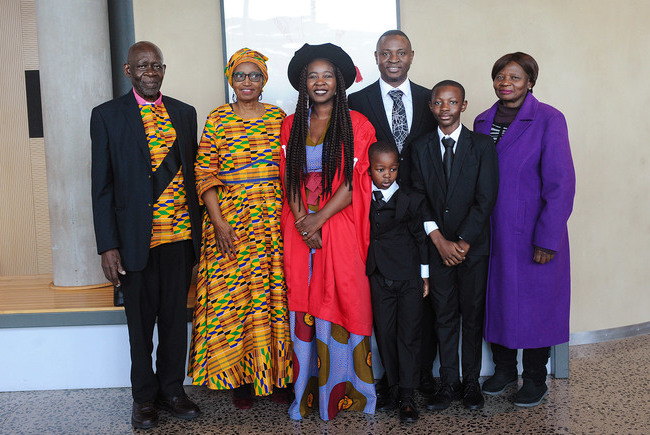


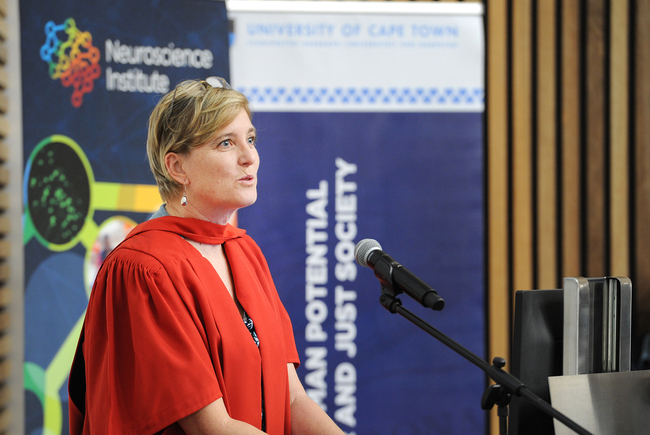
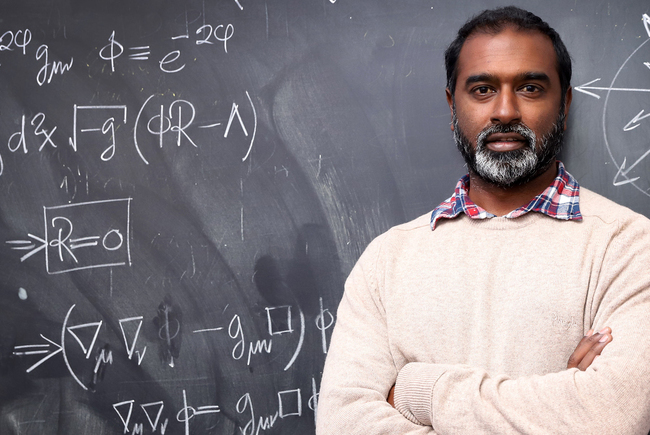
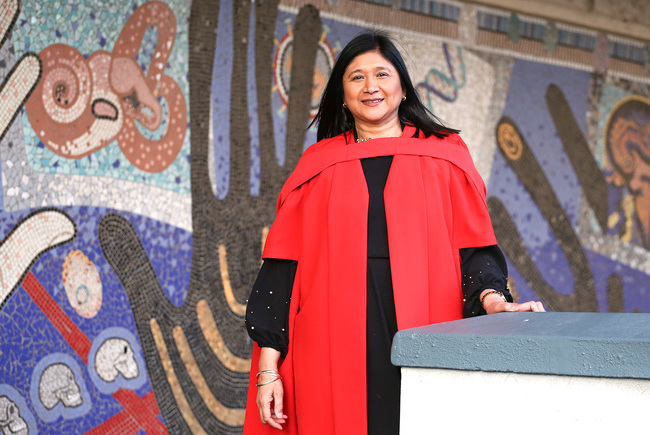
.jpg)
